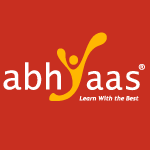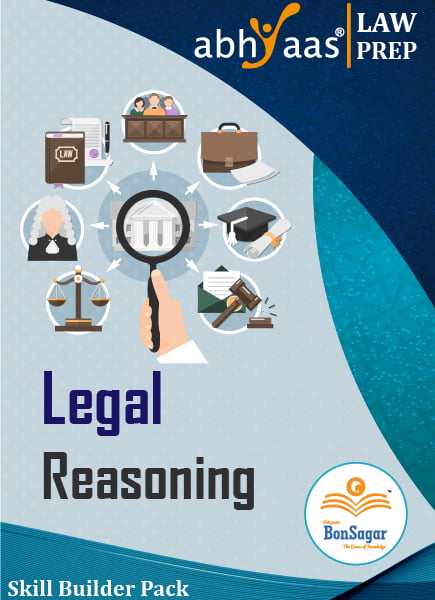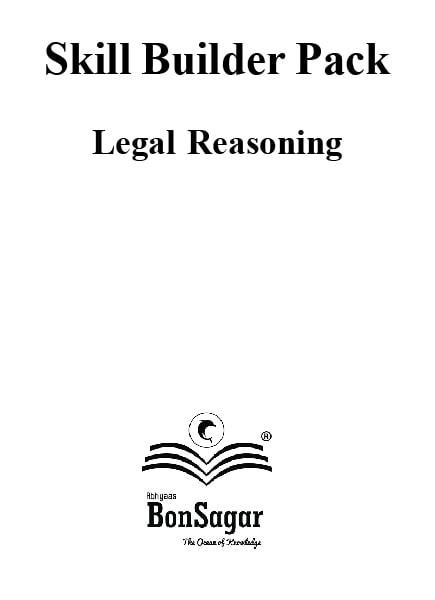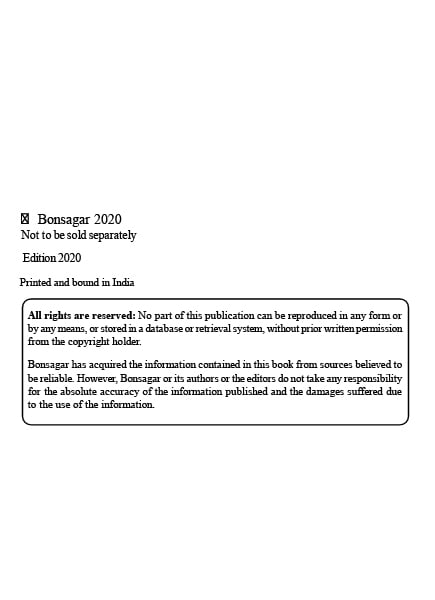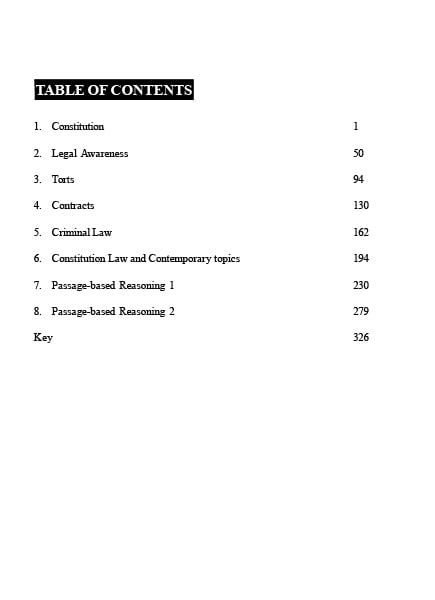
What is IELTS?
What is IELTS?
The International English Language Testing System (IELTS) serves as a measuring stick to check the proficiency of people who wish to study or work abroad. For countries where English is used as an official language for communication IELTS score becomes a requisite. On a scale of 9, bands are awarded to the test takers ranging from 1 to 9. A band score of 9 is given to an expert in English and a band score of 1 is given to a person very poor in the language.
The test can be taken in two formats online and offline. With on-line being recently induced in the Test format. It provides a valid and accurate assessment of the four language skills: listening, reading, writing, and speaking.
IELTS is available in two test formats Academic or General Training. Academics is opted by students who wish to study abroad and General Training is opted by those professionals who either want to work abroad or seek a Permanent Residence.
Listening:
The listening module lasts for 40 minutes. 30 minutes to note down the answer and 10 minutes to transfer the answers on to the answer sheet. There are 4 sections and each section has approximately 10 questions. A total of 40 or 42 questions may be given. Four recordings corresponding to 4 sections are presented by native English speakers. Accents of the recordings could vary from British to American to that of Australian and so on. All recordings are played once and are not repeated under any circumstances. Recording 1 is a conversation between two people set in an everyday social context. Recording 2 is a monologue set in an everyday social context, e.g. a speech about local facilities. Recording 3 is a conversation between up to four people set in an educational or training context, e.g. a university tutor and a student discussing an assignment. Recording 4 is a monologue on an academic subject, e.g. a university lecture.
Writing:
Writing comprises of two tasks. Task I and Task II for a total of 60 minutes. Task II remains the same for both General Training and Academics, whereas Task I is not the same. The candidates are expected to write an essay in response to a point of view, argument, or problem. The response has to be informal style. For academics Tasks, I comprise a graph, table, chart, or diagram and the candidate is asked to describe, summarise, or explain the information in their own words. The candidate may be asked to describe and explain data, describe the stages of a process, how something works, or describe an object or event. And for General candidates Tasks, I comprise letter writing, where they will be presented with a situation and asked to write a letter requesting information, or explaining the situation. The letter may be personal, semi-formal, or formal in style.
Reading:
The reading module consists of 40 questions and a maximum time of 60 minutes is given to answer all the 40 questions. There is no separate time given to transfer the answers to the answer sheet from the question booklet. Aimed at testing a wide range of reading skills it includes reading for gist, reading for main ideas, reading for detail, skimming, understanding logical argument, and recognizing writers’ opinions, attitudes and purpose. IELTS Academic test includes three long texts which range from the descriptive and factual to the discursive and analytical, taken from books, journals, magazines, and newspapers. They have been selected for a non-specialist audience but are appropriate for people entering university courses or seeking professional registration.IELTS General Training test includes extracts from books, magazines, newspapers, notices, advertisements, company handbooks, and guidelines. These are materials encountered on a daily basis in an English-speaking environment.
Speaking:
The speaking module lasts from 11 to 14 minutes. It is aimed at assessing the spoken English of the candidate. Every test is recorded. It is a three-stage test. In stage I the examiner will ask general questions about the candidate and a range of familiar topics, such as home, family, work, studies, and interests. This part lasts between four and five minutes. In the second stage, the candidate will be given a card with a particular topic. The candidate is given a minute to prepare before he speaks for up to two minutes on the same topic. In the third and final stage candidate will be asked further questions about the topic in Stage 2. These will give the opportunity to discuss more abstract ideas and issues. This part of the test lasts between four and five minutes.
For more details about IELTS Online Coaching click here
For more details about IELTS Classroom Coaching click here
